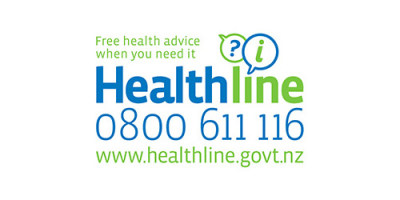Nelson Marlborough Community Health Lecture: "Osteoarthritis: What Can We Do?"
In collaboration with the University of Otago, Nelson Hub, and with generous support from The Care Foundation, Te Whatu Ora Nelson Marlborough recently held a community health lecture on Osteoarthritis – the sixth in an ongoing series. These events are opportunities for the public to engage with the health system in a new way, as well as being opportunities for connection, information, and resources.

Affecting 1 in 8 adults, arthritis is one of the leading forms of disability in Aotearoa New Zealand, and with experts saying this number is only growing, education that reaches large portions of the community at once is of great importance. "Osteoarthritis: What Can We Do?" brought together about 170 members of the Nelson Marlborough community, online and in person at the Suter Art Gallery in Nelson, to hear the empowering message from a panel of experts that there is a lot of we can do about osteoarthritis.
The main message was that decline is not inevitable and much of what is most effective in managing this condition lies in the community's own hands.
Professor Haxby Abbott, an expert in Osteoarthritis from the University of Otago, explained that the first line of treatment to have the most impact are: education, exercise, and weight control.
The next line of treatment is pain relief, aids, and passive treatment from a physiotherapist. As well as decline not being inevitable, Prof. Haxby explained that joint replacement surgery is also not inevitable. Total join replacement, Prof. Haxby said, is effective for the right person at the right time, but up to 25% of cases have a bad outcome. For most people, the first and second lines of treatment have the most positive impact on their symptoms.
Alice Scranney, Nelson Hospital-based clinical educator and physiotherapist supported this message, stating that everyone's joints are different: the knee replacement that worked for your neighbour may not work for you. Scranney encouraged the audience to become the expert of their own condition and seek education and support from trusted sources.
She also explained the importance of a total person view: in her work she considers not just the pain, but how the pain impacts on a whole life. Physios use this approach to provide not only exercises and therapies, like hydrotherapy or soft tissue mobilisation, as well as encouraging daily movement, they also motivate, provide advice, and help connect their patients to supportive communities, for what happens outside the office is often just as important as what happens in.
Arthritis New Zealand's Tory Garnham and Dr Richard Griffiths furthered illuminated the importance of connecting with community when managing a condition like osteoarthritis. Theirs is a national charity providing information, support and advice to people diagnosed with any of the more than 140 forms of arthritis. Garnham and Griffiths highlighted the range of ways they support the community, including a helpline for one-on-one advice, the coordination of peer support groups, and assistance in navigating health care.
The audience came away from the event with a better understanding of how to manage this condition, resources and routes to consider, and - if the high level of attendance was anything to go by - the sense they are not alone.
Follow Te Whatu Ora Nelson Marlborough on Facebook to be alerted to the next Community Health Lecture, and please consider donating to The Care Foundation so we can keep brining you great events along with the University of Otago.






